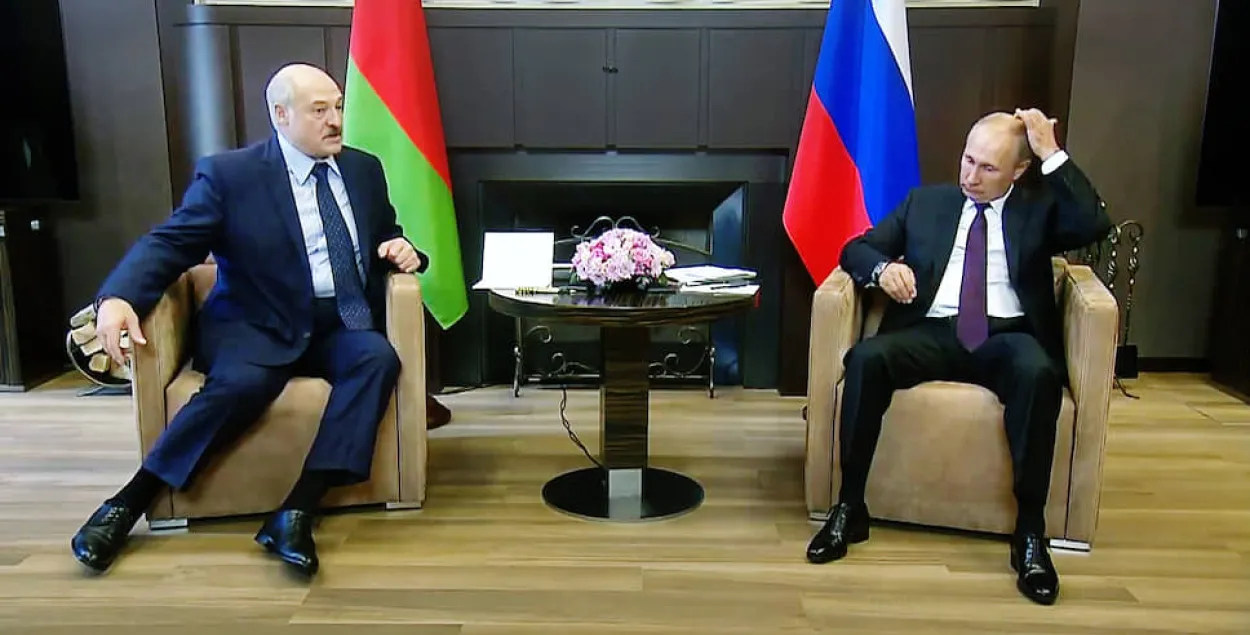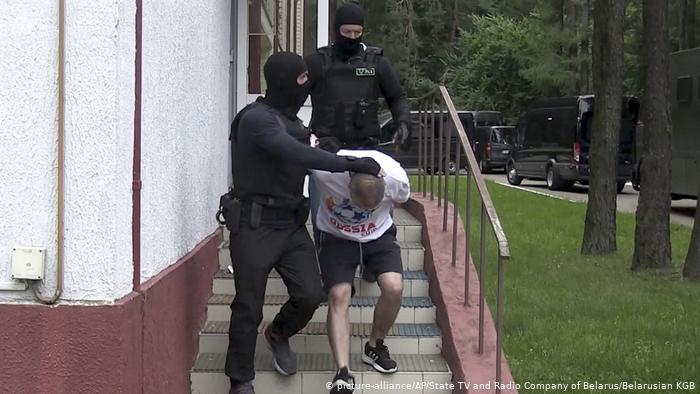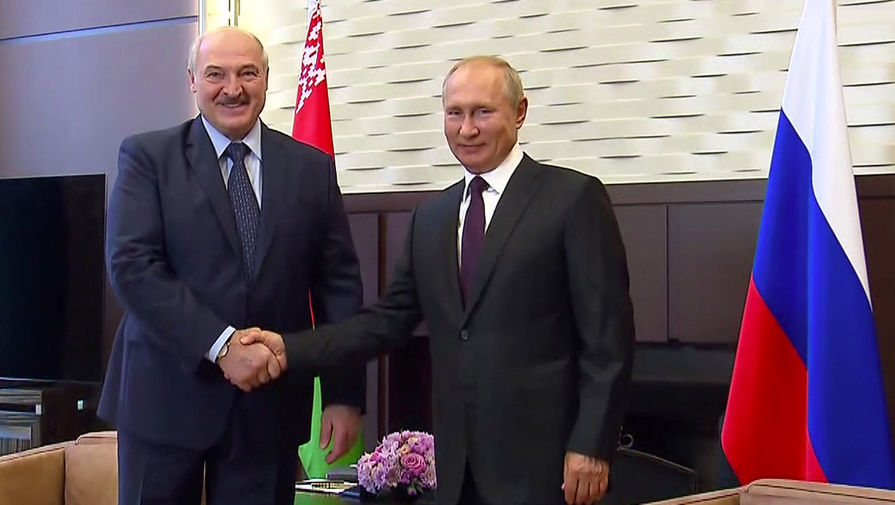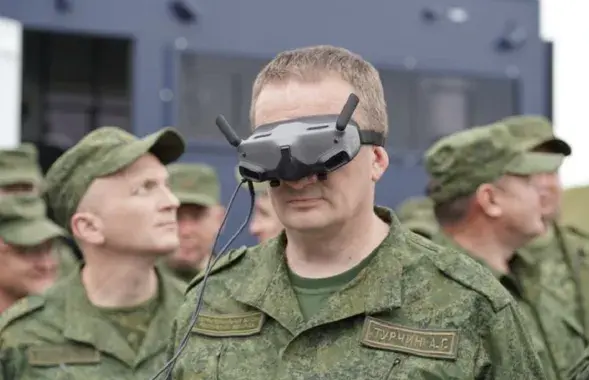Puppeteer or friend? What Lukashenka says before and after meeting with Putin

Lukashenka and Putin / kommersant
On April 22, Lukashenka met with Vladimir Putin for the fifth time in the past 15 months. Foreign relations between Russia and Belarus are flourishing - they haven't looked this optimistic in a long time. Moscow and Minsk haven't exhibited such unanimity in a long time. But if you think this has always been the case over the past year, you are mistaken. Every time Lukashenka went to Moscow (and Putin has not been in Minsk during this time), it happened against a different background and with different results.
From puppeteers to best friends. Euroradio has examined how Alyaksandr Lukashenka's rhetoric has changed over the past year after he visited Russia.
February 2020. "Volodya, don't spoil my evening!"
At the beginning of 2020, relations between Belarus and Russia were strained. The highly promoted signing of the "road map for deeper integration,” scheduled for the 20th anniversary of the Union State Treaty, had just been canceled. Lukashenka criticized Moscow for not keeping promises on gas prices and breaching commitments on oil supplies.
The February 7 talks in Sochi ended without a breakthrough: Russia did not give Belarus a discount on oil.
"Listen, Volodya, don't spoil my evening! I get it - you can't. It's your commodity, and it’s your product. If you can't do it, it's fine. I won't take oil from you, and I won't take gas from the nuclear-armed state. If you can't - don't," Lukashenka said during the "Big Talk" in February 2020.
June 2020. Interference in the elections
The presidential campaign started in Belarus in May. The relations with Russia became even more strained. After Viktar Babaryka's arrest, Lukashenka spoke about Russia meddling in the Belarusian election. He said, "the masks have been taken off not only from certain puppets that we have had here but also from puppeteers outside Belarus.” He repeated this metaphor after the then head of the State Control Committee, Ivan Tsertsel, who expressed it much more clearly: Babaryka's "puppeteers" could be "big bosses at Gazprom, and maybe even higher".
Negotiations between Vladimir Putin and Alyaksandr Lukashenka in Rzhev on June 30 remained hidden from the public: the leaders parted without making any statements to the press. "Accusations coming from the Belarusian president against Russia clearly did not create the most favorable background for the conversation," the media wrote.
Accusations against Moscow continued. On June 31, Lukashenka accused Russia of an attempt to disrupt the elections. The day before, the Belarusian KGB reported on the detention of 33 Russian mercenaries from the Wagner PMC. Lukashenka said that the Russians had planned to "organize a massacre in the center of Minsk" and again complained about the "oil showdown" with Moscow, which resulted in the budget loss of 1.5 billion Belarusian rubles (about $700 million).
September 2020. The only friend
The rhetoric changed dramatically after the election on August 9 and the large-scale protests in Belarus. As early as August 15, Lukashenka said that he had agreed with Putin about comprehensive Russian assistance at the first request. On August 28, he commented on Vladimir Putin's statement about creating a reserve of security forces for Minsk, calling the Russian leader "a good friend.”
During the September meeting, Putin suggested "additional efforts to restore the former pre-crisis level of trade and economic relations and create prerequisites for moving forward.” He also announced a $1.5 billion loan for Belarus.
Already on September 16, Russian Defense Minister Sergey Shoigu arrived in Minsk. The official purpose of the visit was military and technical cooperation. "I also asked the Russian president for some types of weapons. I told him, “when you come, we will see what and where we need to really strengthen in terms of the Union State. Recent events show that we must be bolder in defending the interests of both Belarusians and Russians," Lukashenka said then.
February 2021. Almost all road maps are ready
In November 2020, Lukashenka said that when Putin found out about the events in Belarus, he offered to "put up his shoulder" in the sense that "Russia could be next." On January 10, Lukashenka said that the Russian president is his only friend and that Putin confirmed this true friendship the previous year.
At a meeting in February, Putin and Lukashenka also discussed Russian-Belarusian integration. The Belarusian head of state noted that almost all the roadmaps are ready to be signed.
April 22, 2021. Joint response
Lukashenka called the upcoming visit "a serious meeting to discuss certain issues." The Telegram channel associated with his press service was more verbose. It was reported that the agenda of the meeting included relations between the countries (including "union-related topics"), the fight against the pandemic, the restoration of transport links, as well as "joint response to current challenges and threats.”
The backdrop of the meeting was as follows. On April 15, Lukashenka and Putin discussed on the phone the bilateral agenda. "A mutual commitment to the further all-round strengthening of Russian-Belarusian allied relations was expressed.”
On April 17, Lukashenka said Western special services had planned an assassination attempt on him and his sons. While the U.S. and Poland denied any involvement in the plot, Moscow joined in the verbal interventions. "The collective West seems not to notice the story of the preparation for Lukashenka's assassination. Planning to assassinate high-ranking officials is too much. All boundaries have been crossed!" Putin commented.



















